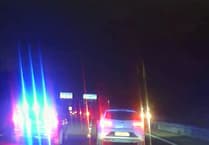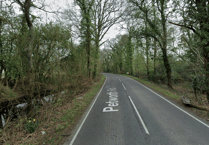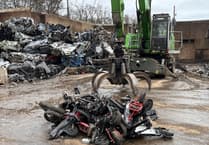WORKING mums could be the answer to Surrey Fire and Rescue Service’s (SFRS) recruitment problems, according to a councillor.
Tory Tina Mountain’s comments came during a meeting of a Surrey County Council’s select committee, set up to explore changes to Surrey’s struggling fire service, following her visit to neighbouring Hampshire’s fire service.
She said it was Hampshire’s use of working mums to carry out the prevention and safety work in schools and businesses that impressed her.
“Working mums lends itself to going into schools to speak to the children to talk about fire safety and training to prevent fires rather than having to deal with them,” she said.
Cllr Mountain said she had noted the working practice of Surrey with eight-day shift cycles – four days on and four days off – meant sometimes the firefighters could be working for 28 hours straight.
She said: “One thing that impressed me was the chief firefighter said he had included the firefighters in the changes, so as the changes came into fruition they weren’t complaining as they had made the changes and I think that’s needed in Surrey.”
Women who work or live within four minutes of a fire station are now being targeted in a social media campaign to boost firefighter numbers as part of the latest bid by SFRS to transform the struggling service – which wants anyone working or people looking to change careers. Cllr Mountain said mums could dictate the hours so it fitted in with the school day.
The county council recently carried out a consultation on changes proposed to the service, which includes closing some stations (including Haslemere) at night.
Surrey’s chief fire officer said the changes were not being made to save money.
But leading the objections to the changes have been the firefighters themselves who say they are concerned they will not be able to carry out their work properly under the planned closures and changes to working practices.
A petition against the plans to leave seven fire appliances unmanned at night has now reached nearly 12,000 signatures.
The service was heavily criticised by government inspectors late last year, who found “serious concerns” with its effectiveness and efficiency and must improve on how it responds to and prevents fires.




